
One of those symptoms that can immediately raise concerns is chest pain, and with good reason. Sometimes it’s just a pulled muscle or indigestion, but other times it could be something serious, like a heart attack. It’s critical to know when to seek emergency care and when to attempt home remedies.
More than 8 million Americans go to the ER each year due to chest pain. The tricky part is that the heart isn’t always the source of chest pain. Additionally, it can be brought on by respiratory conditions like asthma, digestive disorders, or even a strained chest wall muscle.
So, how do you make sense of all this? After discussing when to dial 911, let’s examine 17 natural solutions that could be useful for mild chest pain.
When to Call 911
Don’t wait it out if you have sudden, intense chest pain that feels like pressure or squeezing. Make an instant 911 call, particularly if it is accompanied by:
- Your jaw, back, arms, or stomach may start to hurt.
- Lightheadedness or fainting
- Breathlessness
- An erratic or fast heartbeat
- Vomiting, nausea, or sweating
- Weakness or excessive exhaustion
These signs may indicate a pulmonary embolism, aortic dissection, or heart attack—all of which are life-threatening conditions.
These treatments might help you find relief if your chest pain is caused by something minor (such as indigestion, asthma, reflux, or muscle strain).
1. Almonds

Almonds are a great source of heart-healthy fats and antioxidants. They can reduce inflammation and cholesterol, which lowers the chance of developing heart issues in the future. Almonds, however, may exacerbate reflux-related pain.
2. Ice Pack

Do you have sore muscles in your chest? Without taking medicine, you can reduce swelling and pain by applying an ice pack for 10 to 15 minutes multiple times a day.
3. Baking Soda
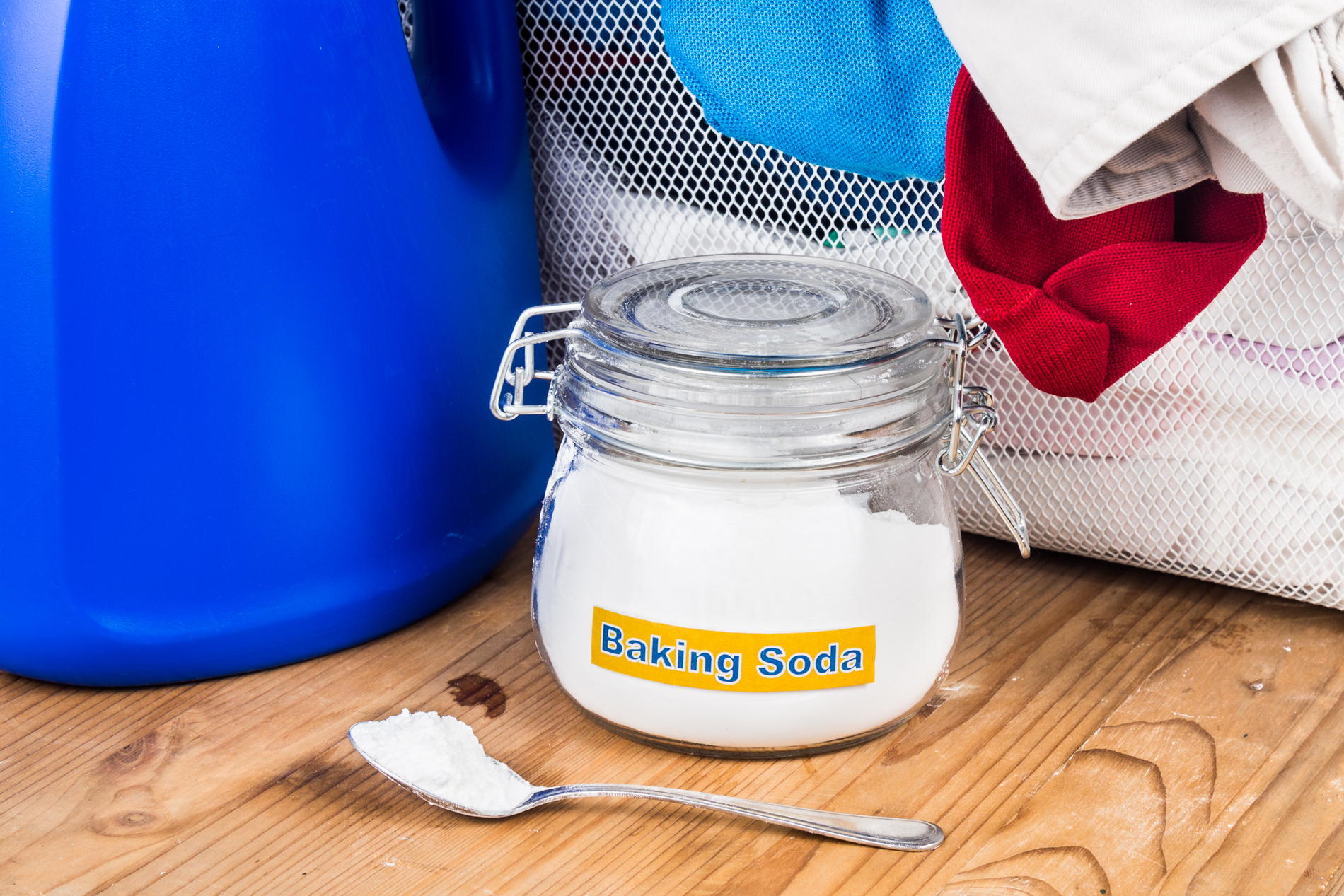
Baking soda neutralizes stomach acid and acts as a natural antacid. For immediate heartburn relief, mix ½ teaspoon with water; however, do not use excessively, particularly if you have heart problems or are following a low-sodium diet.
4. Warm Drinks

Indigestion and gas can occasionally be mistaken for chest pain. Your digestive system can be calmed and food broken down more easily with a warm herbal tea or hot water.
5. Garlic
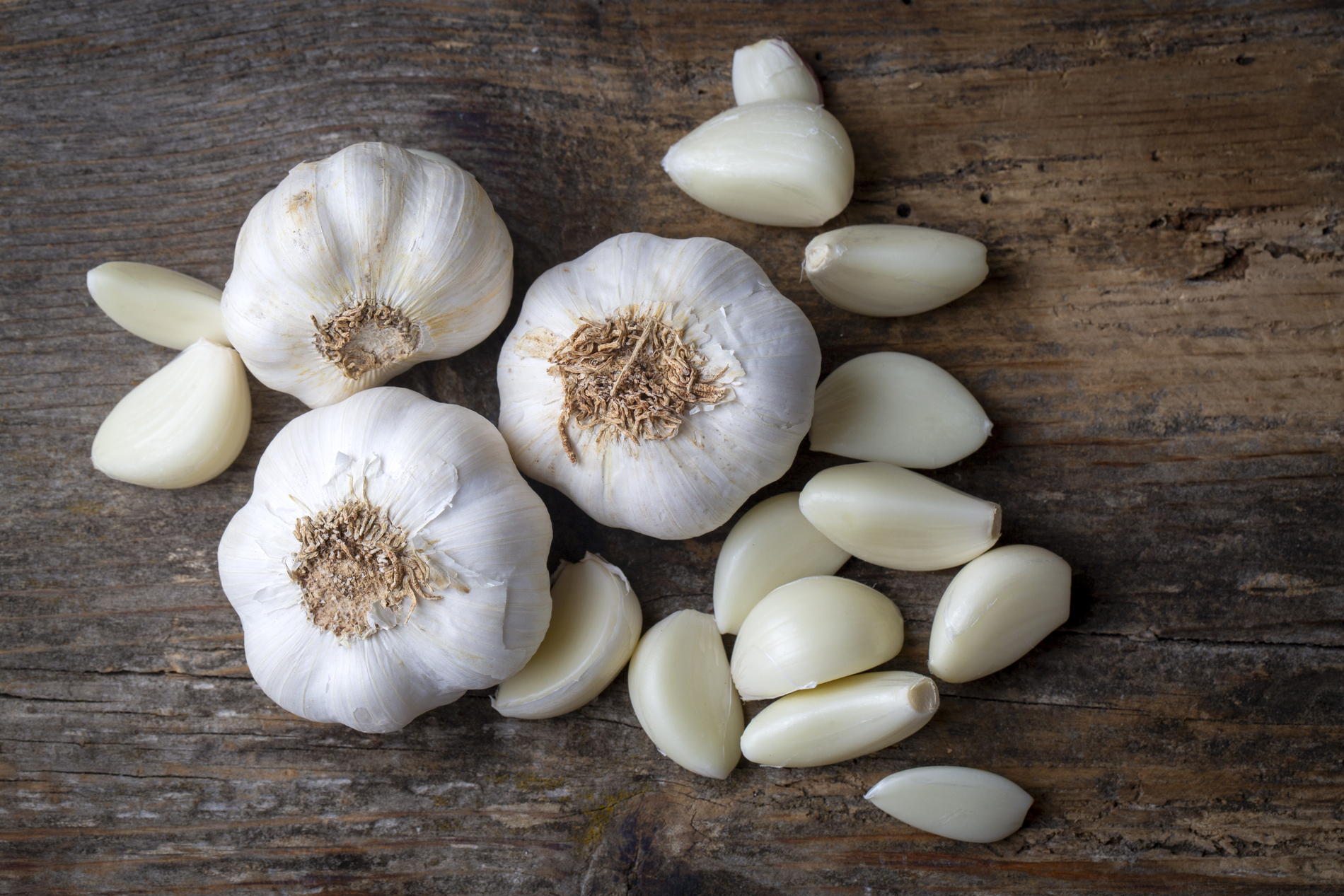
Garlic, sometimes referred to as “nature’s antibiotic,” lowers cholesterol and blood pressure, which benefits cardiovascular health. Because of its anti-inflammatory qualities, it may also lessen chest pain associated with respiratory infections.
6. Holy Basil (Tulsi)
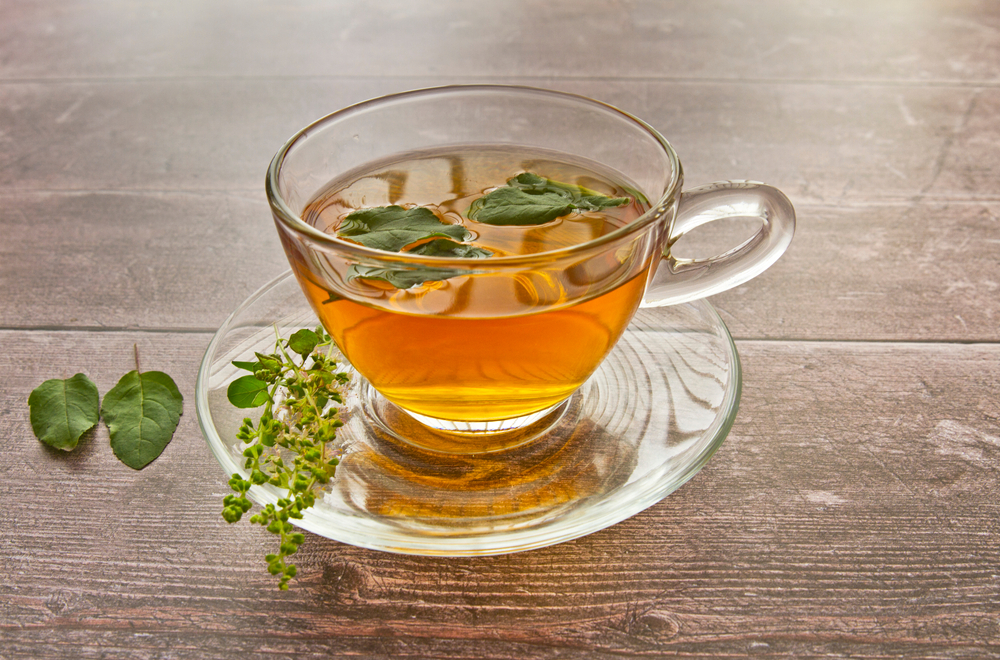
Tulsi has antibacterial and anti-inflammatory properties and is used in Ayurvedic medicine. Reflux, mild asthma, or infection-related chest pain may be relieved by consuming tulsi tea or taking supplements.
7. Ginger
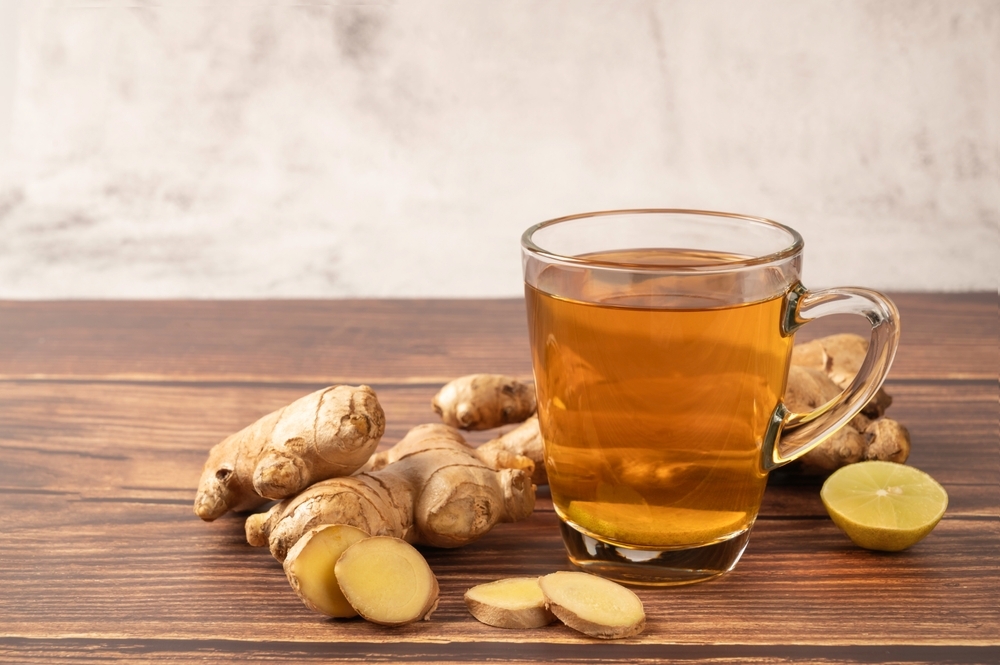
This potent root lessens bloating, acid reflux, and nausea—all of which are frequent causes of chest pain. The digestive tract is also calmed by the anti-inflammatory properties of ginger.
8. Aspirin
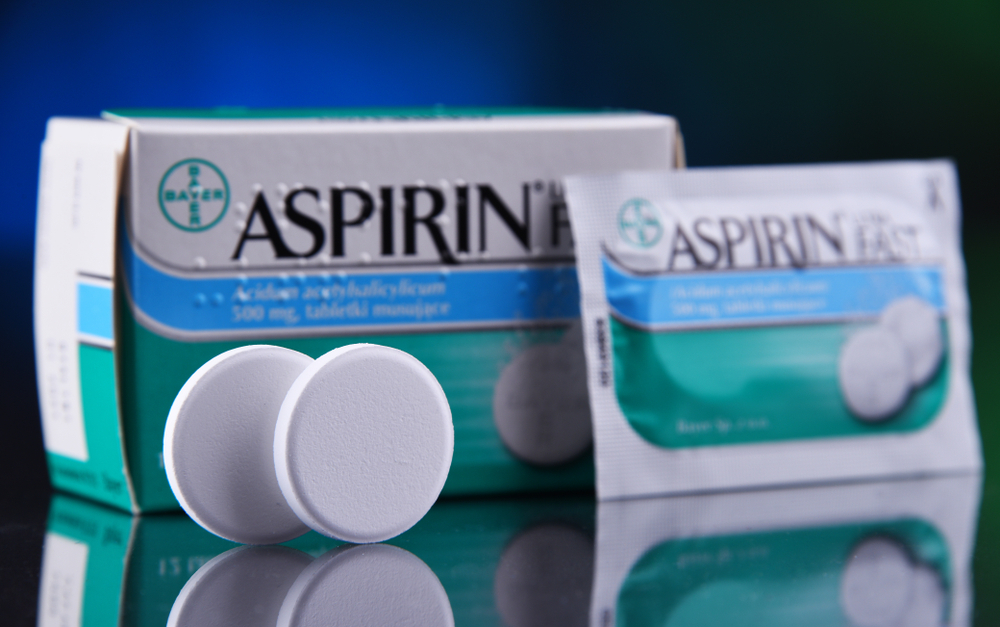
Because aspirin thins the blood, fewer clots form. Chewing an aspirin during a heart attack can reduce the risk of serious cardiac damage in an emergency. It can also serve as a pain reliever for mild aches in the chest muscles.
9. Alfalfa
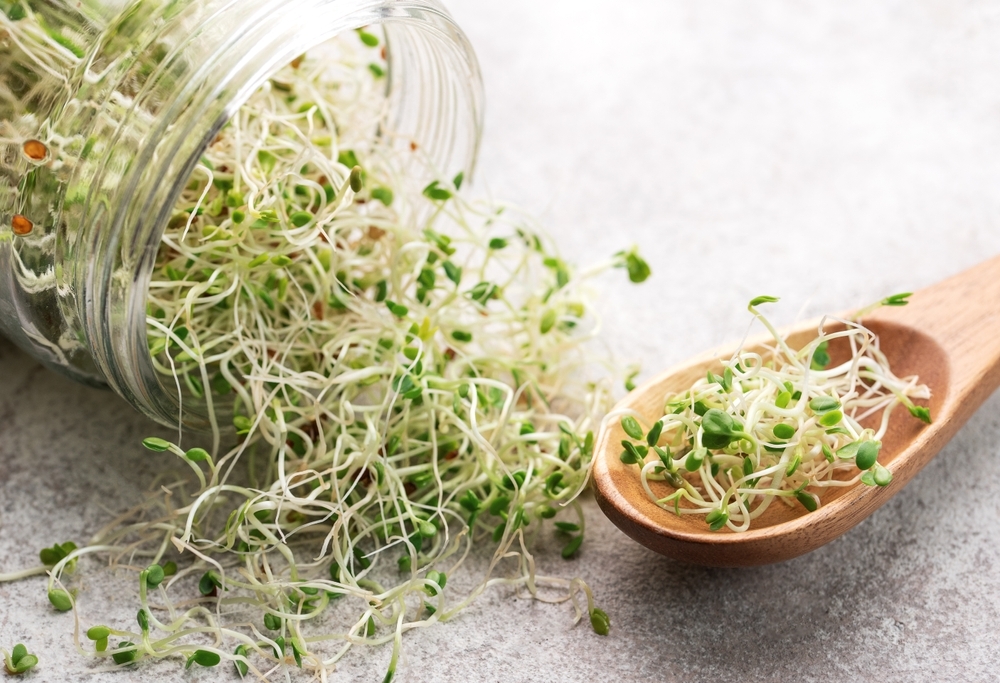
Plant compounds found in alfalfa may help lower cholesterol accumulation. Alfalfa leaves and sprouts are thought to be safe to try for digestive discomfort, despite the lack of scientific evidence in humans. Steer clear of seeds; they can be poisonous.
10. Pomegranate Juice
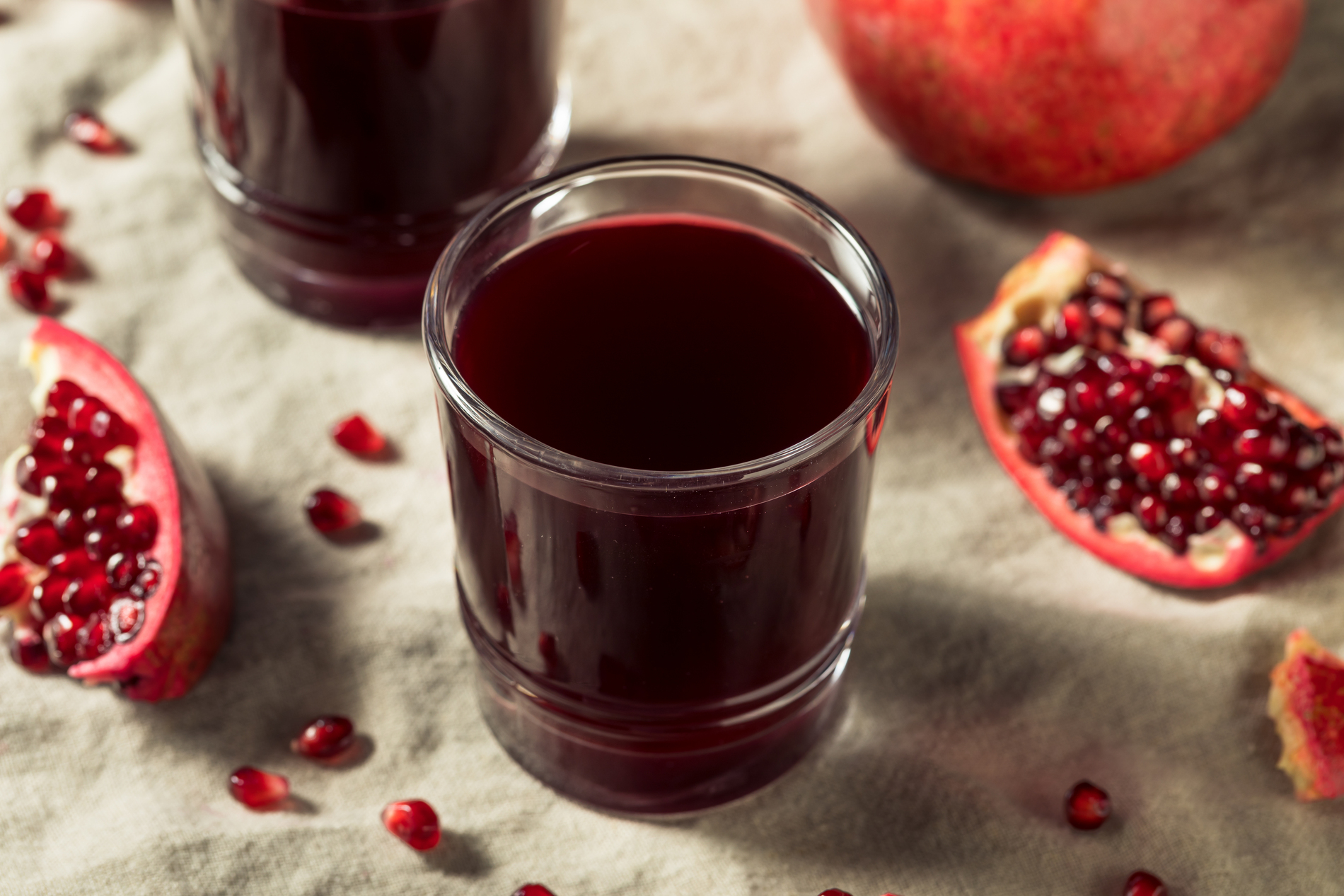
Pomegranate juice, which is rich in antioxidants, promotes circulation, lowers blood pressure, and stops the formation of artery plaque. It’s very acidic, so if you have acid reflux, stay away from it.
11. Omega-3 Fatty Acids
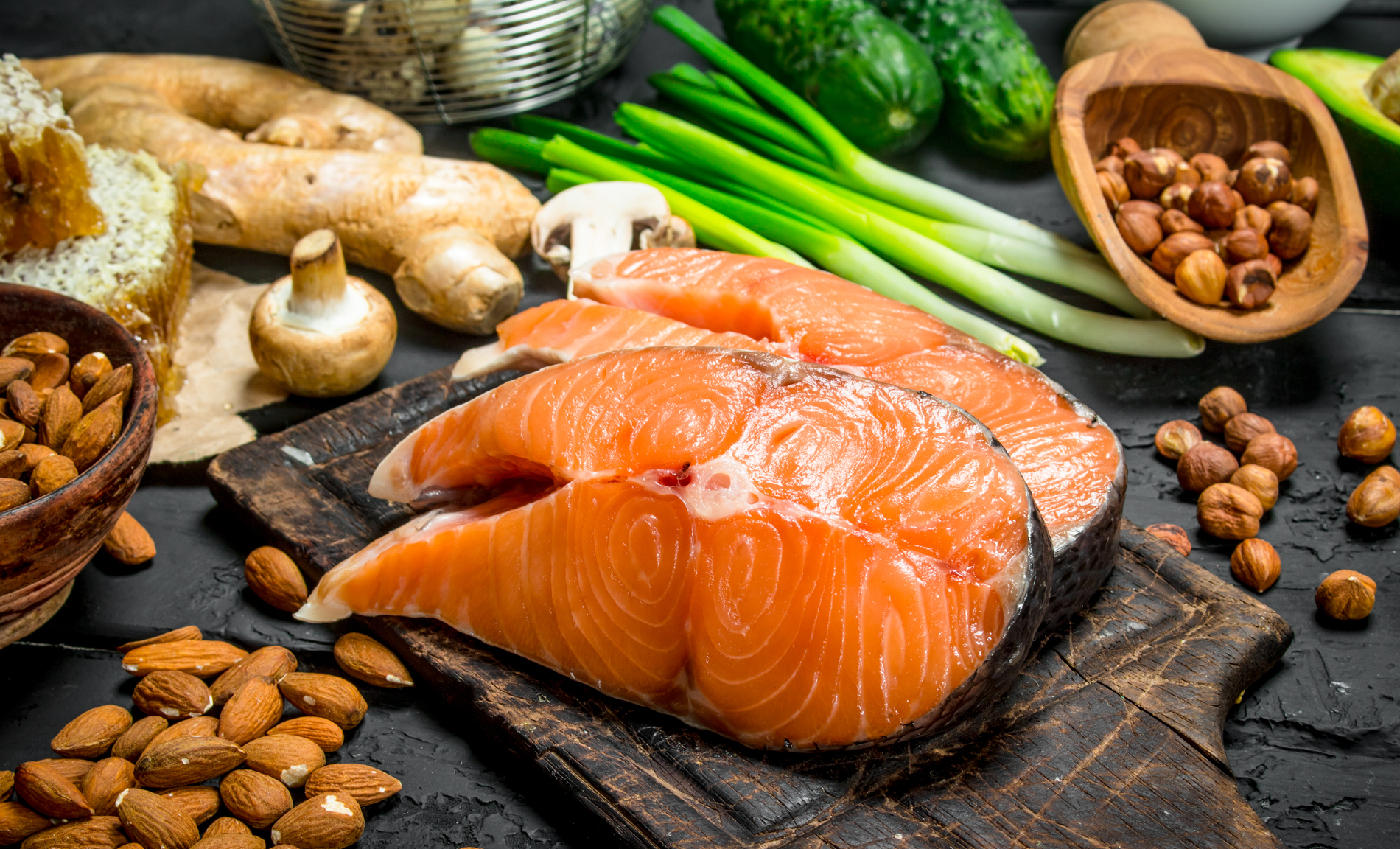
Omega-3s, which are present in fatty fish and supplements, have been shown to lower triglycerides, lessen inflammation, and protect the heart. For some people, they may also relieve chest pain associated with reflux.
12. Lemon Water

Lemon water can help with digestion, but it can also aggravate reflux in some people. To see how your body reacts, start small.
13. Turmeric
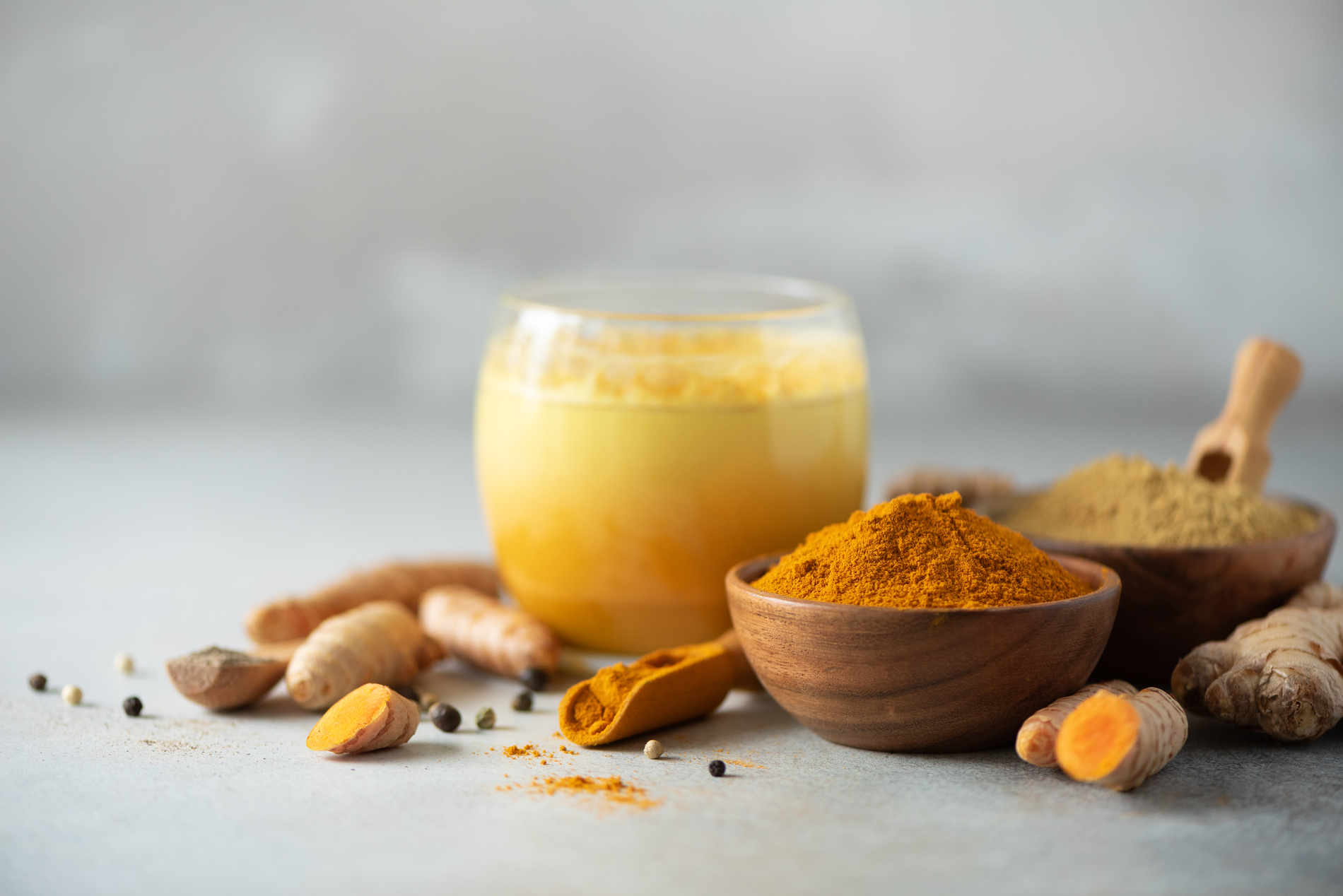
Curcumin, the active ingredient in turmeric, lowers cholesterol and inflammation. Turmeric can help with digestion and heart health if you eat it or take a supplement.
14. Apple Cider Vinegar

ACV balances stomach acidity, which may help with reflux. Antioxidants that promote cardiovascular health are also present in it. Add 1-2 tablespoons to water, but don’t add too much to protect your stomach and teeth.
15. Cayenne Pepper
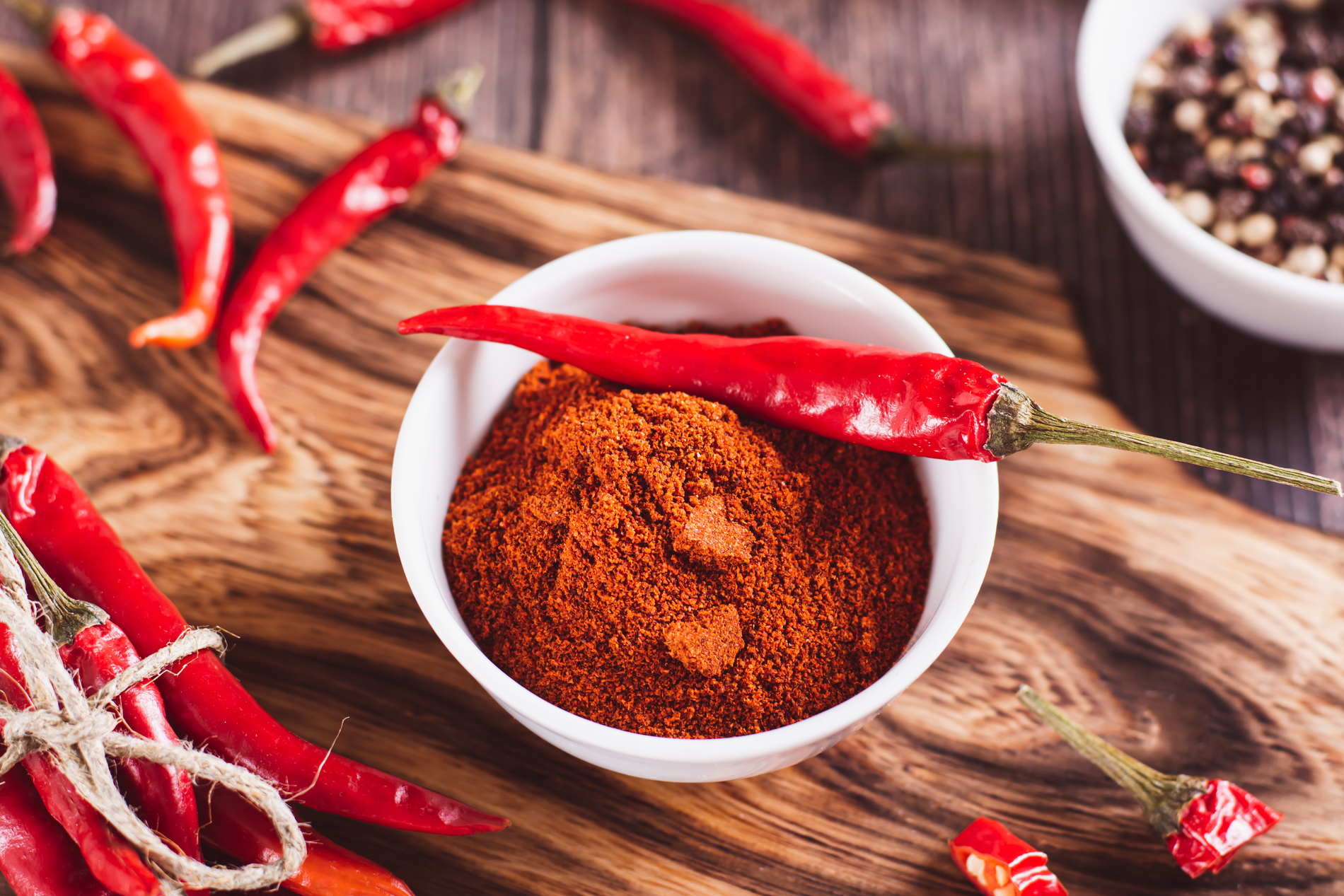
Capsaicin, the active component of cayenne, lessens the body’s pain signals. Additionally, it might enhance digestion and blood flow. Try it as a supplement, in tea, or in food, but be ready for a spicy kick.
16. Fenugreek Seeds
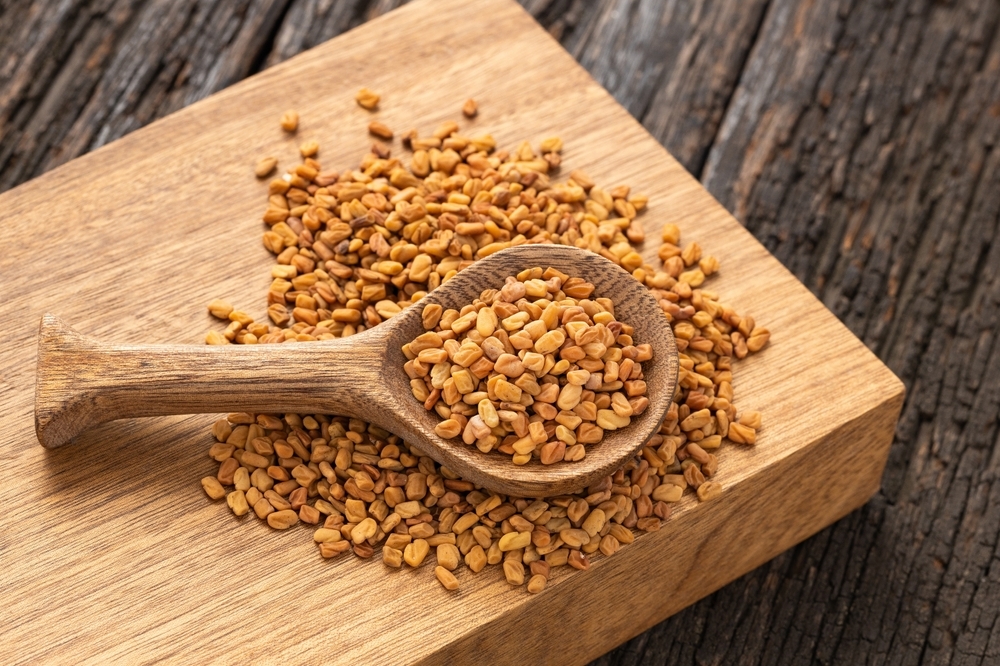
Antioxidants and anti-inflammatory substances abound in these seeds. Fenugreek tea may help maintain healthy cholesterol levels and reduce chest pain associated with asthma.
17. CoQ10
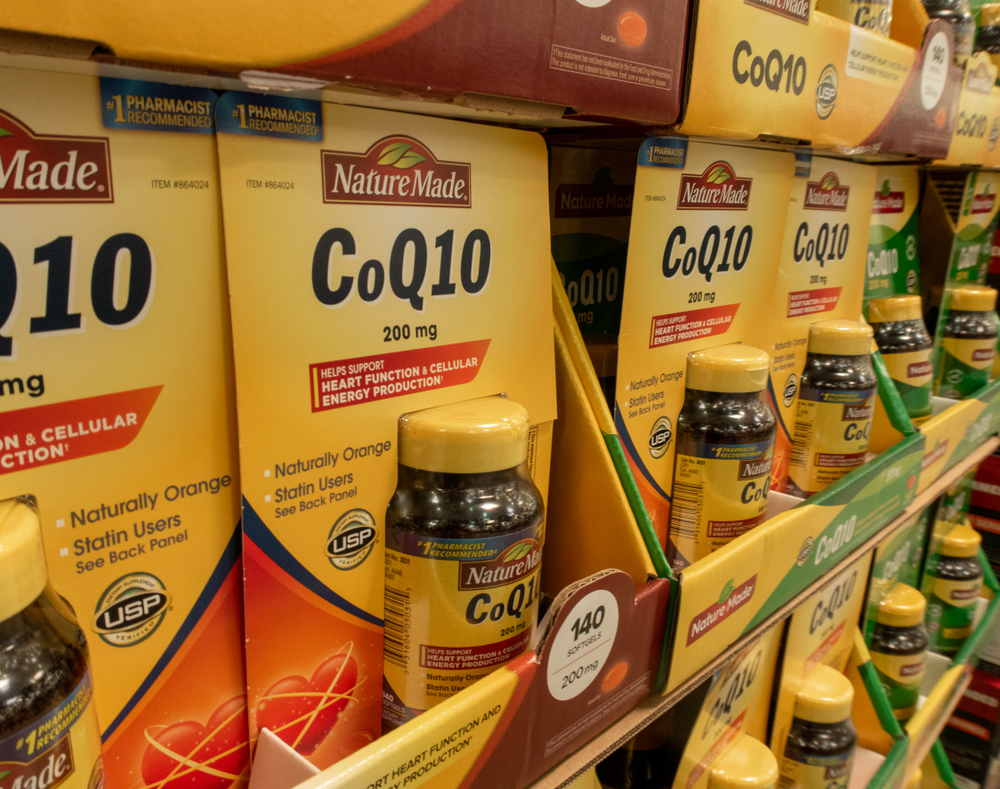
Your cells naturally contain this antioxidant, which promotes heart health and blood vessel function. People with heart conditions may have more energy and experience less angina-related chest pain if they take supplements.
When to See a Doctor

Although these treatments may provide some solace, you should consult your doctor if:
- Your chest hurts a lot or for no apparent reason.
- The symptoms persist for more than a few weeks.
- You already suffer from diabetes, high blood pressure, or heart disease.
It’s important to take chest pain seriously. Serious chest pain requires prompt medical attention, even though mild cases of gas, heartburn, or sore muscles may be effectively treated with natural remedies like ice packs, ginger, or turmeric.
Consider these treatments as a way to help your body, not a substitute for medical attention from a professional. Get checked if you’re unsure. Your heart will be grateful.




